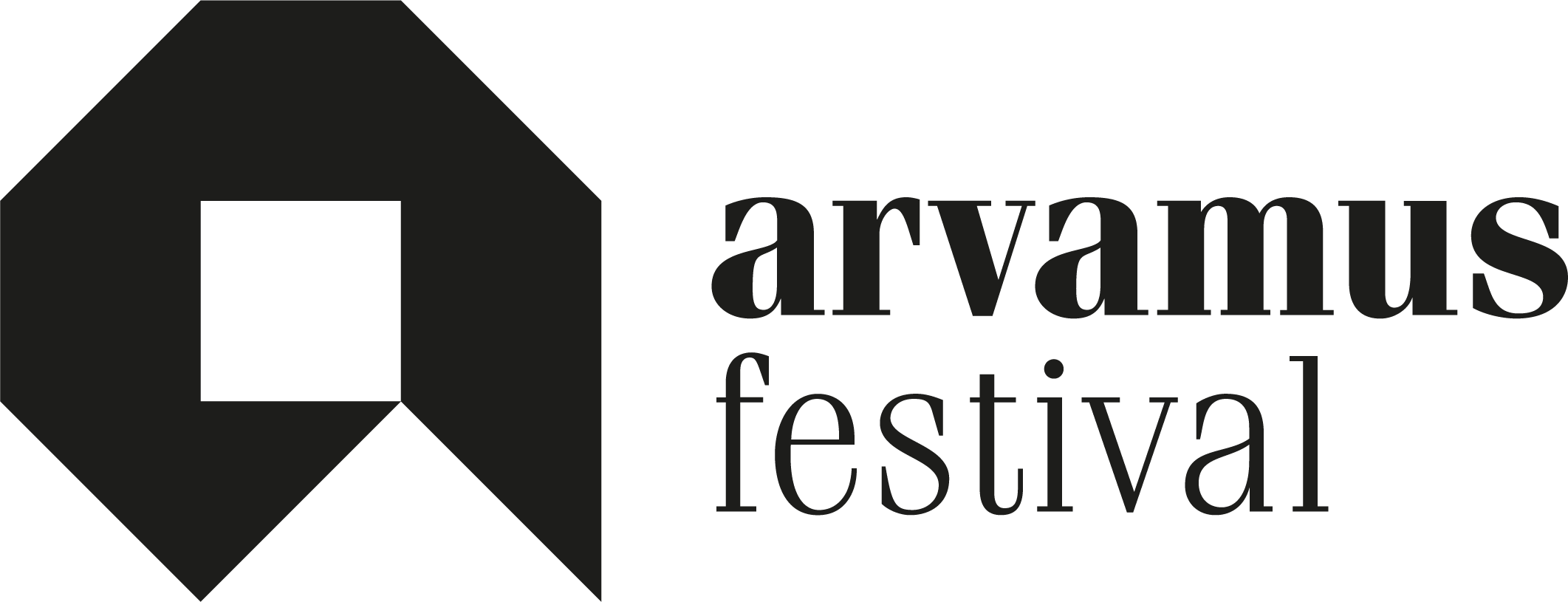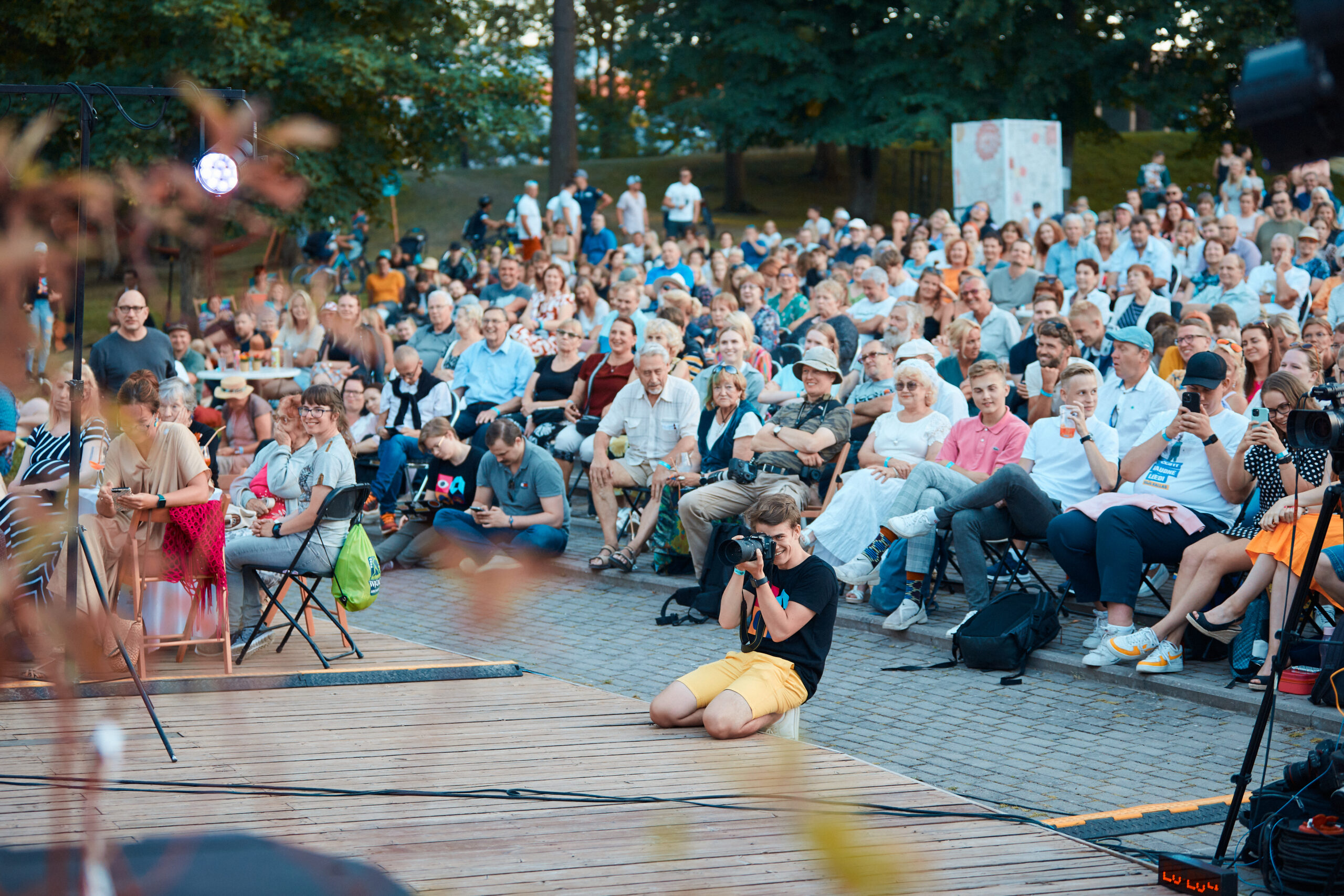Thousands of people will come together in August in a small town of Paide in central Estonia for two days of full-on discussions on a large variety of topics – this year for the 11th time. The main programme for the Opinion Festival on 11-12 August will include over 150 discussions, 11 of them in English, complimented by an exciting cultural programme. Sigrid Solnik, Head of the Discussion Programme, shared some highlights of the Festival.
How would you describe the Opinion Festival to those who have never been there?
I’d say that for two days, Paide turns into the coolest place in Estonia with an increased concentration of smart and interesting people who create a very special intellectual atmosphere. As I was putting the discussion programme together, it was my goal that everyone who comes to the festival would be able to then take a piece of that special atmosphere with them and to be continuously inspired by it. Also, the Festival is not just the formal programme, it inspires the discussions people have in the margins, giving an opportunity to exchange opinions with those whom we otherwise just read in the media.
What’s the significance of the Festival?
First and foremost it’s about the discussion culture. All discussions included in the festival program must comply with the Respectful Discussion Convention. A quality discussion implies there are different opinions and views on the topic, opponents are able to clearly formulate their position and arguments, they are prepared to listen to the others and to understand that all the participants have a common objective, a reason for holding this discussion. These skills are useful in many situations, from business meetings to Riigikogu hearings.
Thanks to high-quality discussions, people involved in different areas have an opportunity to hear and better understand each other, which helps to look at many issues in a new way and help inform the work going forward. A record number of organizations have proposed their idea for discussion this year for the first time which means that the Festival attracts more and more different people who see the festival as a useful platform for public discussions.
Any surprises at the Festival this year?
It’s definitely the new formats! Many of the discussion organizers proposed something completely new already through the open call for ideas, and we have helped some along the new path. For example, communication researchers from the Tartu University will install a TikTok house at the Youth discussion area, at the Migration area, real-life experiments on integration through creativity will take place. Look for specific signs next to every discussion in the programme – those will tell you how much involvement will be required from the public. There will be classic panel discussions with Q&A at the end, but there will be discussions where full participation is encouraged.
Some highlights of the discussions in English:
- Informal discussion with internationally known evolution biologist, futurist, professor and author of many books Elisabet Sahtouris, who will talk about the relevance of biological systems to organizational design in business, government and globalisation.
- Is This the Time for Africa? The discussion held at the Foreign Policy area will look into a role for Estonia to play in the transformation of Africa, and how the continent and Estonia could benefit from each other.
- The Happy Place – Stuck in a Purgatory of Your Work Life? Is it possible to be happy and successful at the same time? At the Resilience area, keywords like flexible working hours, work-private life balance, a supportive team will be taken apart in search for what makes a happy working environment.
- Greenwashing Takes a Toll on Green Transition – is it even possible to reduce, offset, or remove the carbon dioxide emissions companies create?
- Does Voting Still Matter? The significance and trends of voting will be explored by examining case studies from Hungary, Turkey, and Estonia.
- Why Do We Need Higher Education? The discussion will take place in Finland, Latvia, and Estonia at the same time, therefore also compares the three systems in place in neighboring countries and their challenges, common solutions, and future development opportunities.


